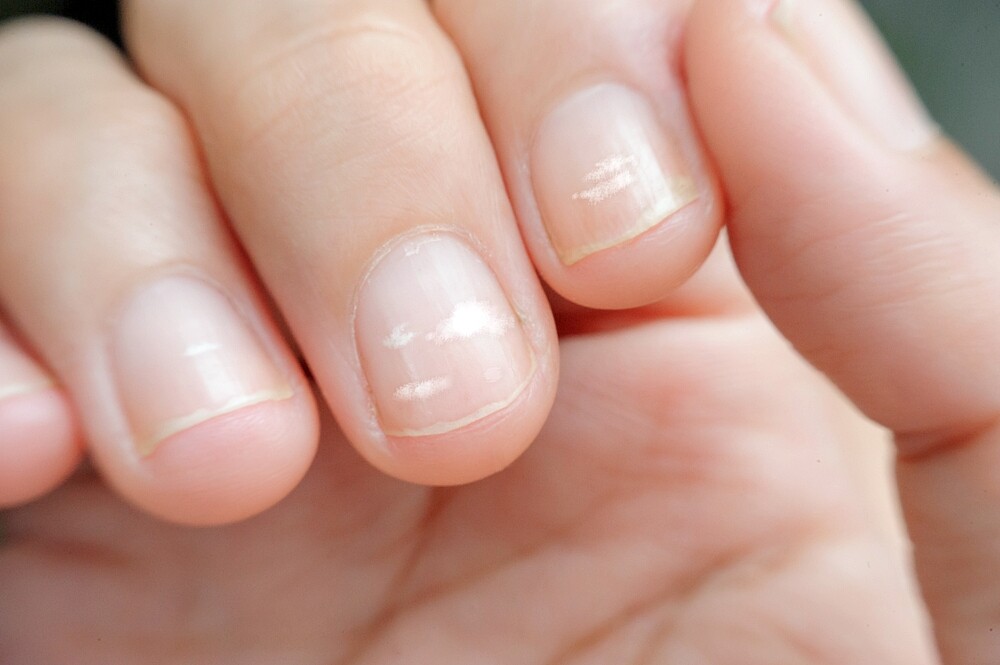A protein deficiency has a negative effect on our health. With these physical signs you should check whether you are suffering from a deficiency!
Protein deficiency is more common than you might think. Protein, is very important for our health and fulfils various important functions in the body. For example, it provides energy and essential amino acids that we can only absorb through protein. In addition, a regulated protein intake helps the body to renew cells and tissue.
What is my protein requirement?
According to the German Society for Nutrition, both men and women should eat between 0.8 and 2 grams of protein per kilogram of body weight daily in order not to slip into an undersupply. This means that a woman weighing 60 kilograms could consume up to 120 grams of protein per day.
What signs indicate that I have a protein deficiency?
Since protein is mainly present in dairy products and meat, vegetarians and vegans in particular should ensure that their protein intake is adequate. However, there are also some physical symptoms of protein deficiency.
- You are constantly hungry: As early as 2013, an Australian study showed that constant hunger is a common sign of a protein deficiency. “We found that regardless of the BMI, there is an increased appetite until the body has absorbed enough protein,” says Dr. Alison Gosby, who headed the study at the time.
- You have hair loss: Hair consists of the protein keratin, which is not classified as vital by the body. If the body gets too little protein, it stops producing keratin – which can lead to temporary hair loss. However, protein deficiency is one of the less frequent causes of hair loss.
- You are losing muscle mass: Muscles consist largely of proteins. To regenerate and grow, muscles need the amino acids from the proteins. If you have a protein deficiency, the body first gets the reserves from the muscles – which causes them to lose mass. The result: muscle weakness and atrophy.
- Your arms and legs swell: So-called oedema refers to excess fluid that accumulates in body tissues and makes them swell. Arms and legs are often affected. To prevent oedema, the body needs proteins. Proteins ensure that salt and water remain in the blood vessels instead of entering the tissue.
- You get sick all the time: Another infection? Several studies show that the immune system has to perform at its best when it is not getting enough proteins. This is because a protein deficiency can reduce the number of so-called T-cells, which are responsible for fighting viruses and bacteria. Not only does this lead to more infections, but these are often more serious than normal.
Which foods contain protein?
Of course, proteins are primarily found in meat (for example chicken), eggs and dairy products such as cheese. Vegans get most of their protein needs from pulses and lentils. Make sure you have one of these protein sources on your plate at every meal – then you won’t have to worry about protein deficiency.

